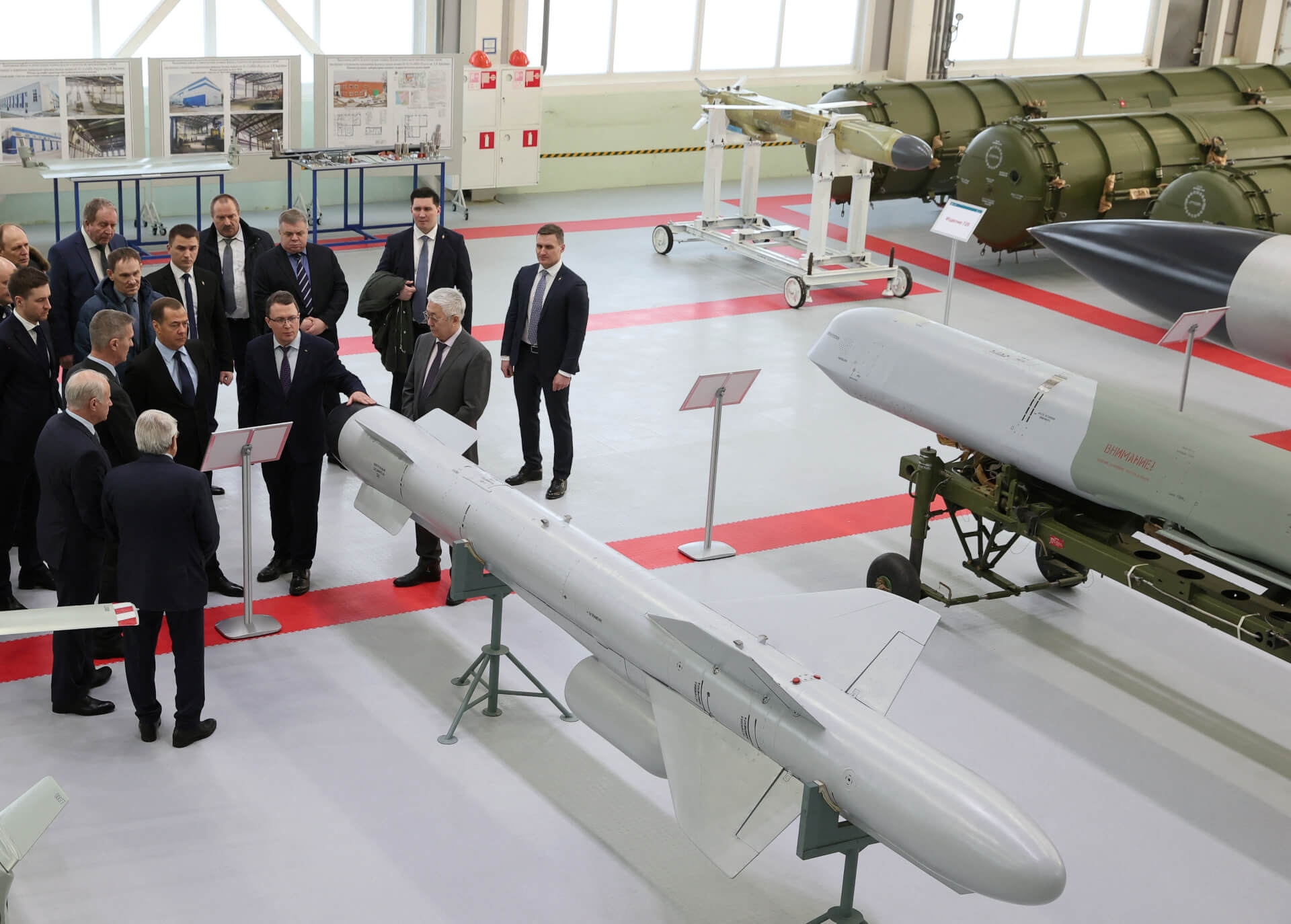On Tuesday, Russia formally withdrew from the Treaty on Conventional Armed Forces in Europe (CFE), a security agreement that limited major categories of conventional armed weapons, and accused the US of weakening post-Cold War stability with NATO expansion.
NATO condemned Russia’s withdrawal from the CFE, calling it “the latest in a series of actions that systematically undermine Euro-Atlantic Security.”
Russia’s Withdrawal
The CFE, signed in 1990, just a year after the collapse of the Berlin Wall, imposes restrictions on conventional weapons and equipment. Its original goal was to prevent Cold War adversaries from building troops that may be used in a swift offensive.
The treaty puts restrictions on five important categories of conventional military equipment in Europe – tanks, armoured vehicles, artillery, helicopters, and combat aircraft – and mandates the elimination of excess weaponry.
Russia suspended participation in the pact in 2007, and ended active participation in 2015. President Vladimir Putin signed a declaration denouncing the accord in May, more than a year after its full-scale invasion of Ukraine in February 2022.
The Russian Foreign Ministry said on Tuesday that the procedure for Russia’s withdrawal from the CFE was completed at midnight on 7 November, and the document is no longer valid for Moscow.
“The international legal document, the validity of which was suspended by our country back in 2007, has finally become history for Russia,” the ministry claimed.
Russia formally withdrew from a landmark security treaty, blaming the United States for undermining post-Cold War security with the enlargement of the NATO military alliance. https://t.co/51rtCfd7wc
— The Japan Times (@japantimes) November 7, 2023
According to the statement, two other legally binding agreements, the Budapest Accord of 1990 and the CFE’s Flank Document, which were linked to the treaty, have also been withdrawn.
The Foreign Ministry stated, “The CFE Treaty was concluded at the end of the Cold War, when the formation of a new architecture of global and European security based on cooperation seemed possible, and appropriate attempts were made.”
“Even the formal preservation of the CFE Treaty has become unacceptable from the point of view of Russia’s fundamental security interests,” the ministry indicated, stressing that the US and its allies did not ratify a revised version of the treaty in 1999.
“Russia is finally saying goodbye to the CFE Treaty without regret and with full confidence that it is right. The experience gained during its creation and implementation – both positive and negative – will be taken into account,” the statement concluded.
NATO allies condemned a decision by Russia to withdraw from the Treaty on Conventional Armed Forces in Europe, a key post-Cold War agreement, and said they would suspend its operation in response https://t.co/RDWLE7YORg
— Reuters (@Reuters) November 8, 2023
NATO Condemns Russia’s Withdrawal
In a statement, NATO claimed, “Russia continues to demonstrate disregard for arms control, including key principles of reciprocity, transparency, compliance, verification, and host nation consent, and undermines the rules-based international order.”
“The role of the CFE as a cornerstone of the Euro-Atlantic security architecture, a situation whereby Allied States Parties abide by the Treaty, while Russia does not, would be unsustainable,” it said.
NATO stated on Tuesday that the CFE Treaty will be suspended for as long as required in accordance with their rights under international law, adding that “this is a decision fully supported by all NATO Allies.”
Additionally, NATO expressed the Allies’ commitment to reducing military risk and preventing misperceptions and wars.
In its concluding remarks, the US-led military bloc indicated, “Allies remain united in their commitment to effective conventional arms control as a key element of Euro-Atlantic security, taking into account the prevailing security environment and the security of all Allies.”

